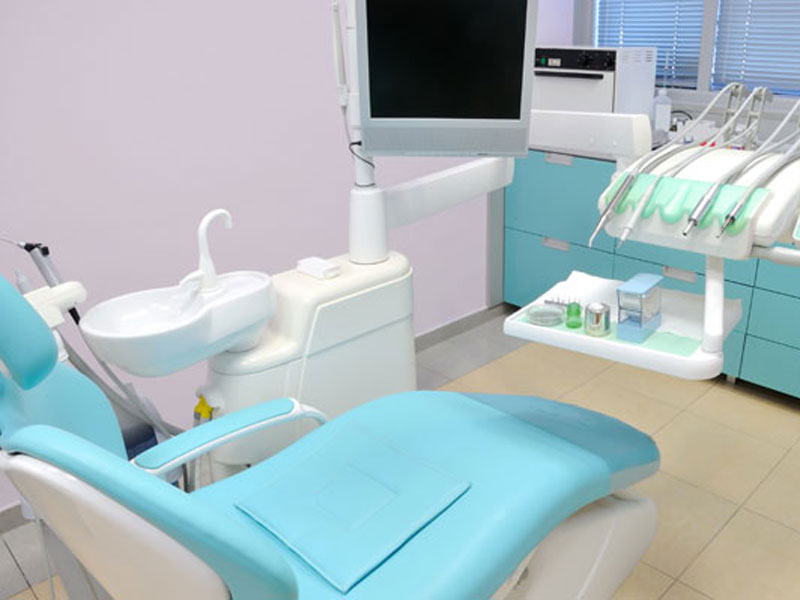Plaintiff was a 64 year old former citrus plant packer who had been 100% disabled for a number of years when she visited Dr. M., a general dentist, to have upper and lower partial dentures made. Within a week after the insertion of the lower partial denture, the patient began to complain to the dentist that she had a sore under the denture on the left side, that she feared she had cancer and that her father had oral cancer.
Her complaints were largely dismissed and the dentist and dental assistants polished down part of the denture several times during the two months following insertion of the denture. The patient claimed that twice during the two months after insertion, the dentist advised her to leave the partial denture out and not wear it for brief periods.
The patient continued to complain and eventually, five months after insertion, the dentist made a progress note that documented that she had a “denture sore,” for the first time. He again told her to leave the denture out and three days later, she returned complaining that the sore was bigger and hurting more. The dentist dismissed her complaints, writing a note that said she was “healing better.”
Six days later, the patient’s “denture sore” was biopsied by an oral surgeon and proven to be infiltrating Stage III squamous cell carcinoma. The patient underwent a wide excision including partial mandibulectomy and radical neck dissection followed by radiation therapy. She developed osteoradionecrosis and lost her entire left mandible despite having gone through 87 hyperbaric oxygen “dives”. She also had several recurrences which further disfigured her and eventually resulted in the loss of her tongue.
Shortly before trial, plaintiff found and handed over to her attorneys the partial denture which revealed that the saddle area of the denture had been ground down and polished in precisely the location of the tumor; the saddle had been shortened by the full width of the artificial second molar tooth. Plaintiff argued that such dramatic modification of the denture could only be explained by having to accommodate the slowly growing tumor mass into which the denture was impinging and causing the pain. The denture was admitted into evidence during the trial.
The defendant dentist was never asked about the partial denture because it was discovered after the defendant’s deposition had been taken. The defendant’s attorney argued that the denture was mutilated on one visit when the dentist first documented the denture sore. The defendant dentist sat through the trial but did not testify in his own defense. His defense also centered on a “field cancerization” theory, contending that regardless of when the tumor was detected, even if it were detected when tiny, the plaintiff was going to have radiation anyway and would develop multiple recurrences anyway because of an unknown genetic defect which predisposed some non-smoker, non-drinker patients to multiple cancers.
A jury returned a verdict for plaintiff after a confidential “high-low” settlement was reached.
Plaintiff’s experts: Richard R. Souviron, D.D.S., Coral Gables, FL (general dentistry); James J. Sciubba, D.M.D., Ph.D., New Hyde Park, NY (oral pathology); Randy V. Heysek, M.D., Lakeland, FL (radiation oncology); Gerald Sokol, M.D., Tampa, FL (radiation oncology); James R. Chandler, M.D., Miami, FL (ear, nose & throat surgery). Defendant’s experts: Charles L. Ross, D.D.S., Miami, FL (general dentistry); Ronald A. Baughman, D.D.S., Gainesville, FL (oral pathology); Gordon Saskin, M.D., St. Petersburg, FL (ear, nose & throat surgery); Robert E. Marx, D.D.S., Miami, FL (oral surgery).
Polk County, Florida, Circuit Court Case No. GCG-93-2883. J. Ron Smith, Esq., of Smith, Cassidy, Harris, Platt & Radabaugh, P.A., Lakeland, FL and Kenneth P. Liroff, D.D.S., J.D.,



